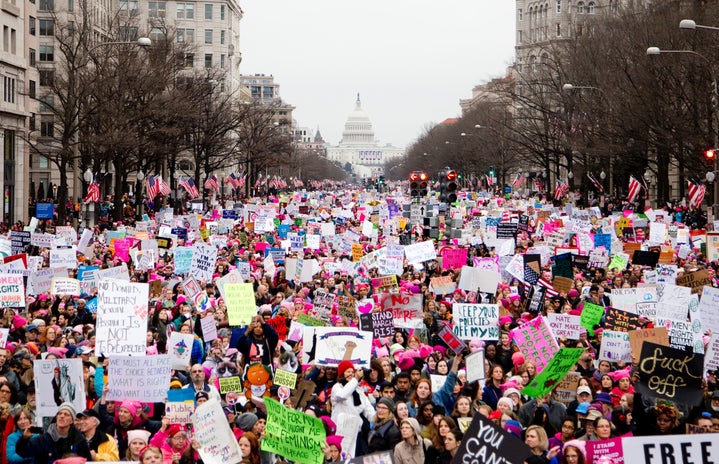‘The true focus of revolutionary change is never merely the oppressive situations which we seek to escape, but that piece of the oppressor which is planted deep within each of us’
– Audre Lorde, Sister Outsider,123
This powerful line accentuates that battling oppression is not solely external but requires attention to how oppression becomes internalized. Thus, any revolutionary or lasting change requires the oppressed to recognize and eradicate the seeds of oppression within themselves.
People are socialized into the established social norms since his/her childhood. Sometimes it feeds the system of oppression. There is no scope for questioning them. Social equality becomes exclusionary in nature. Therefore, it becomes necessary as a part of achieving social justice that we acknowledge and address the deep rooted misconceptions that we have imbibed over the years. When one is able to acknowledge and do away with his/her negative value judgments, s/he can make a conscious effort to take part in eradicating forms of oppression.
In her text, ‘Toward a New Vision: Race, Class and Gender as Categories of Analysis and Connection’, Patricia Hill Collins starts off with the above mentioned quote and propounded that we must stop categorizing people into either/or categories because we can all be in the both/and categories as opposed to classifying people in just one of the race, gender and class category. In addition, ranking dichotomous differences again correlates back to dividing situations into either/or categories. She has reflected on the same with a personal experience. Collins is confronted with the question of her identity where she is expected to rank, whether her status as a black person or as a woman has been more oppressive than the other. Dichotomy creates eternal classification of each group, tearing humanity apart and focusing on these social categories as the only expression of identity. Therefore, it is important that we look at gender and race in an intersectional perspective. Ranking or categorizing oppressions will only add to inequalities. Intersectionality is a framework for conceptualizing a person, group of people, or social problem as affected by a number of discriminations and disadvantages. It takes into account people’s overlapping identities and experiences in order to understand the complexity of prejudices they face.
When the phenomena of intersectionality is neglected, the validity of people’s experiences are denied. Patricia Collins proclaims that ‘one way to dehumanize a person or a group is to deny the reality of their experiences’. For example, to understand the oppression of Dalit women we should be careful and not misconstrue and categorize her experience only as a woman or as a Dalit. The point here is that she is a Dalit woman. When a Dalit woman’s experience is conceptualized in correspondence with the experiences of Dalit men or with women from upper-castes on the grounds of assumed similarity of categories, the marginalization and the differential experiences as a Dalit woman is denied. As a result, social discrimination take few forms.
The reality of experiences can be reflected upon only when we recognize all unique experiences of identity, and particularly the ones that involve multiple overlapping oppressions. Rather than assuming people’s distinct experiences, we must make room for the marginalized groups to grow consciousness of their experiences and accordingly reflect upon them. Oversimplified language, for example, ‘all women have similar experiences’, shouldn’t be used in order to grasp the complexity of difference in experiences of interwoven identities. Thus it is important that we take into account racial and ethic diversity and explore the narratives of those with different interlocking identities.


